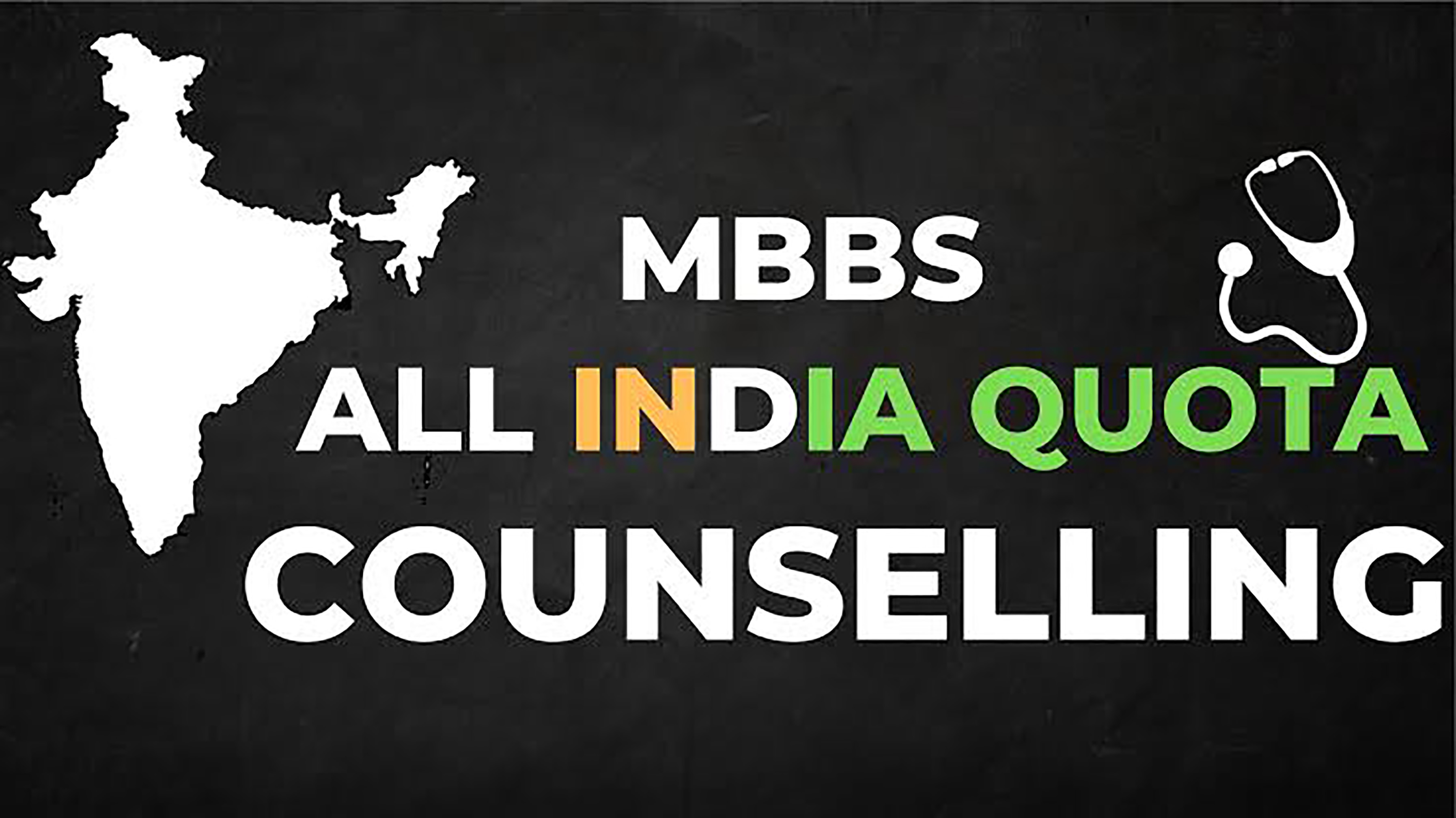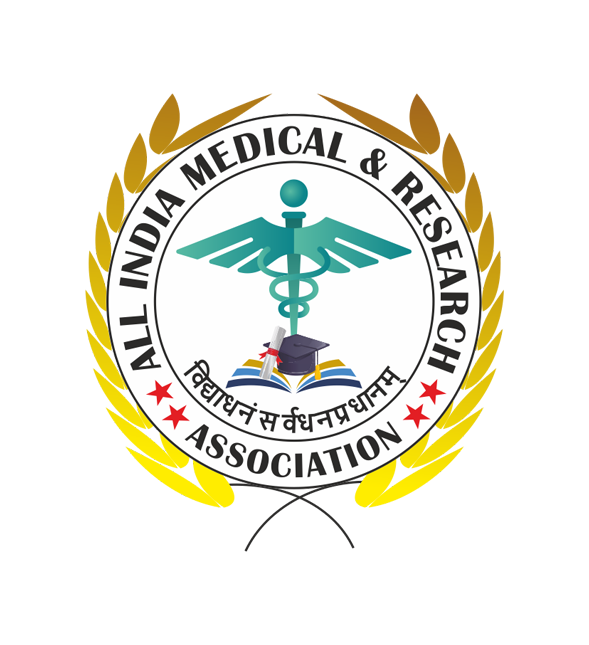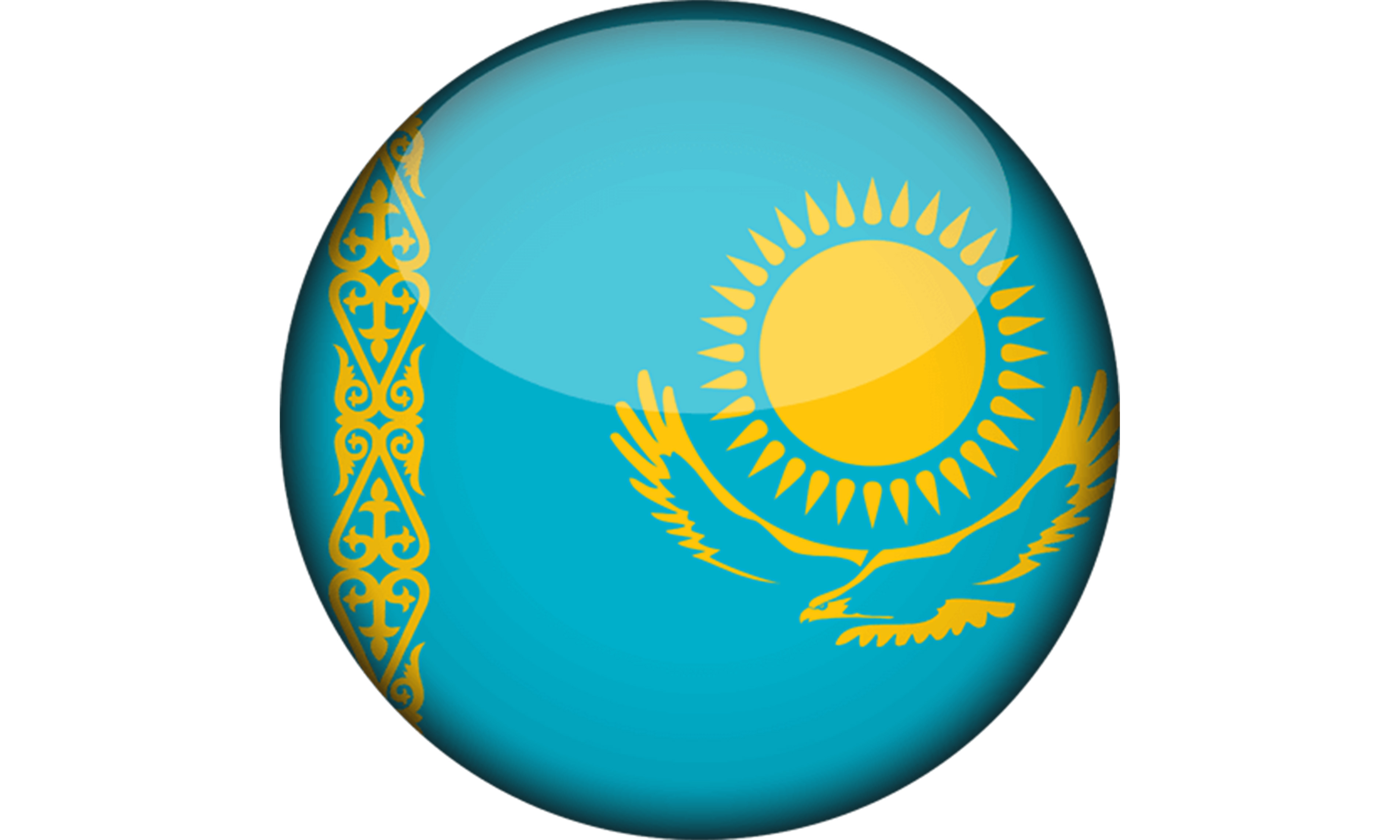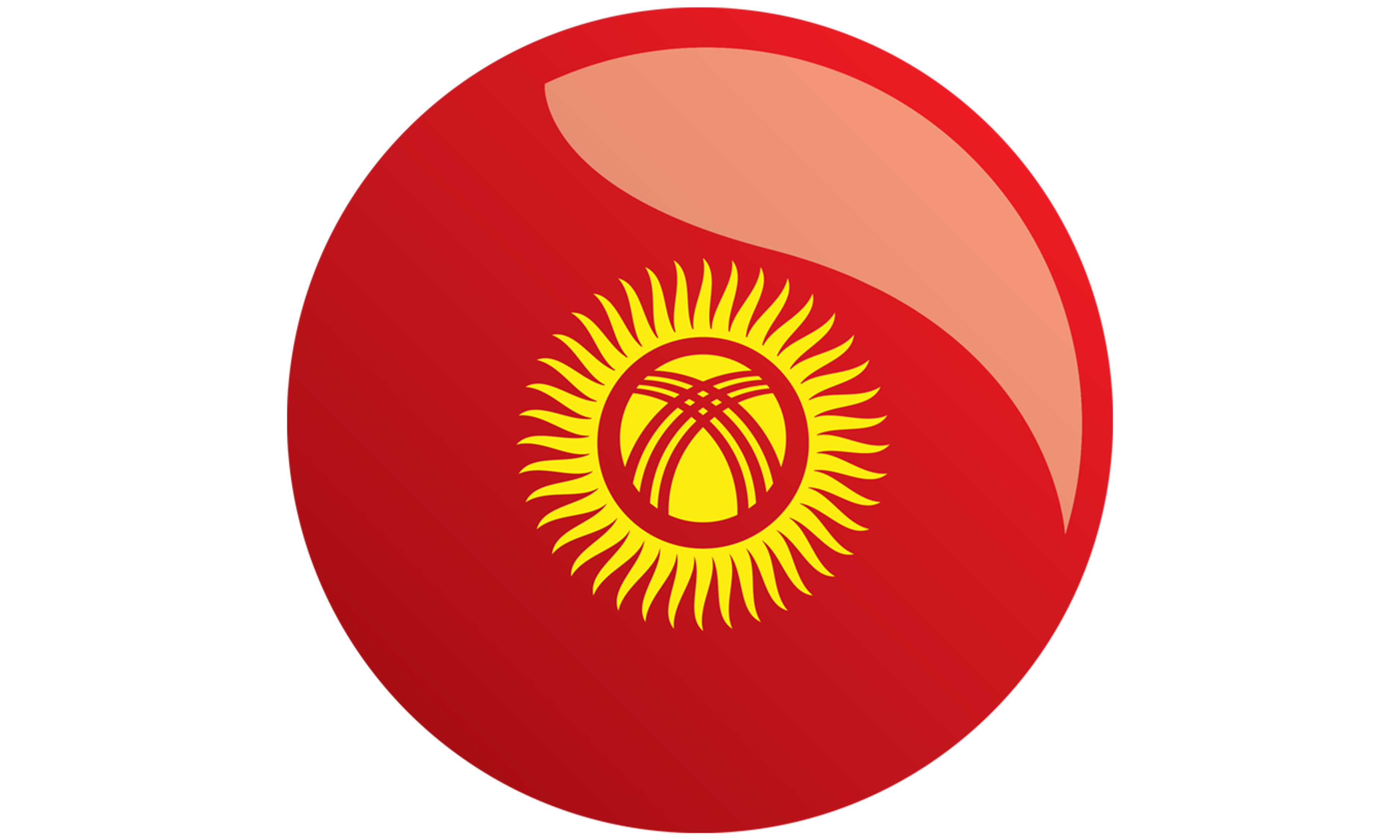Pursue MBBS in Germany: A Complete Guide
Germany is one of the top destinations for international students, especially those interested in pursuing MBBS (Bachelor of Medicine, Bachelor of Surgery) or its equivalent medical programs. Renowned for its high-quality education system, state-of-the-art infrastructure, and minimal tuition fees (especially in public universities), Germany offers a world-class environment for medical studies. Medical degrees in
Germany are internationally recognized, providing ample opportunities for students in both Europe and beyond.
Germany is one of the top destinations for international students, especially those interested in pursuing MBBS (Bachelor of Medicine, Bachelor of Surgery) or its equivalent medical programs. Renowned for its high-quality education system, state-of-the-art infrastructure, and minimal tuition fees (especially in public universities), Germany offers a world-class environment for medical studies. Medical degrees in Germany are internationally recognized, providing ample opportunities for students in both Europe and beyond.
Why Study MBBS in Germany?
1. Low or No Tuition Fees: Public universities in Germany charge little to no tuition fees, making education highly affordable.
2. Top-Notch Education: Germany is home to some of the best medical schools globally, with excellent facilities and advanced teaching methods.
3. Globally Recognized Degrees: Medical degrees from Germany are recognized globally, ensuring wide career opportunities.
4. Diverse Student Population: Germany welcomes students from across the globe, creating a multicultural learning environment.
5. Research Opportunities: German universities offer rich opportunities for research in the field of medicine.
6. Clinical Exposure: Students gain extensive hands-on clinical experience during their medical studies.
Eligibility Criteria for MBBS in Germany
To be eligible for MBBS in Germany, students must meet the following criteria:
1. Educational Qualification: Students should have completed their 12th grade (10+2) or equivalent with Biology, Chemistry, and Physics as core subjects. A minimum of 50% marks in these subjects is typically required (varies by university).
2. NEET Qualification: Indian students need to qualify for the NEET (National Eligibility cum Entrance Test) to study MBBS abroad, including Germany.
3. Age: The student must be at least 17 years old by December 31 of the admission year.
4. Language Proficiency: For universities that offer programs in Germany, students may need to complete a preparatory language course.
Documents Required for Admission
To apply for MBBS in Germany, you’ll need to submit the following documents:
1. Passport (valid for at least 18 months)
2. 10th and 12th-grade mark sheets and certificates
3. NEET scorecard (for Indian students)
4. Passport-sized photographs
5. Medical certificate stating you are fit to study abroad
6. Admission letter from the university
7. Visa application form
8. Financial proof (bank statements)
Advantages of Studying MBBS in Germany
• Cost-Effective: Compared to other countries, studying MBBS in Germany is highly affordable, with no compromise on the quality of education.
• International Recognition: Germany medical universities are recognized by top medical bodies such as WHO, UNESCO, and MCI.
• No Donation or Capitation Fees: Unlike some private colleges in India, Germany universities do not require any form of donation or capitation fees.
• Exposure to Advanced Medical Practices: Germany universities are equipped with state-of-the-art medical equipment and facilities that allow students to stay updated with the latest advancements in medicine.
• Multicultural Environment: With students from various countries, you get the chance to experience diverse cultures and build international connections.
Procedure for Student Visa for MBBS in Germany
The student visa process for Germany involves several steps, from securing an invitation letter to gathering necessary documents and applying at the embassy or consulate.
By following the outlined steps and being well-prepared, you can successfully obtain your student visa and embark on your academic journey in Germany.
1. Receive an Invitation Letter
2. Prepare Required Documents
3. Complete the Visa Application Form
4. Schedule an Appointment
5. Submit the Application
6. Pay the Visa Fee
7. Attend an Interview (if required)
8. Wait for Processing
9. Collect Your Visa
10. Arrive in Germany
11. Register Your Visa
Additional Tips:
Plan Ahead: Start your visa application process as early as possible to accommodate any potential delays in document gathering or processing times.
Contact University Support: Many universities have dedicated international offices that can assist students with the visa application process and provide guidance on the required documentation.
Check the Consulate's Website: Always refer to the official website of the Russian embassy or consulate in your country for the most accurate and up-to-date information regarding visa requirements and procedures.



















